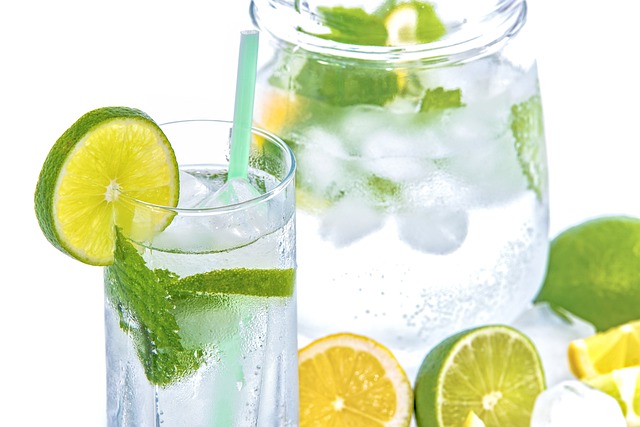
The amount of water a person should drink in a day can vary depending on factors such as age, gender, activity level, and climate. However, a general guideline for healthy adults is to aim for at least 8-8.5 cups (64-68 ounces or about 2 liters) of water per day.
It’s important to note that this is just a general guideline, and some people may need more or less depending on their individual needs. For example, athletes and people who exercise regularly may need more to replace fluids lost through sweating, while people with certain medical conditions may need to limit their fluid intake.

Its Importance in human Body.
Water is essential for the survival of human beings as our bodies are made up of approximately 60% water. Here are some of the main reasons why water is important for humans:
Hydration: it is necessary to keep our bodies hydrated, which is crucial for regulating body temperature, transporting nutrients and oxygen to cells, and removing waste from the body.
Digestion: Its helps to break down food and absorb nutrients during the digestive process.
Brain function: It is important for maintaining cognitive function and concentration, as well as regulating mood.
Joint lubrication: Its helps to lubricate joints, which can prevent pain and stiffness.
Skin health: It plays a vital role in maintaining healthy skin by keeping it moisturized and promoting cell regeneration.
Kidney function: it helps to flush out waste products and toxins from the body, which is important for maintaining healthy kidney function.
Weight management: Drinking can help to reduce appetite and increase feelings of fullness, which can aid in weight management.
Overall, water is an essential nutrient for human beings and plays a vital role in maintaining health and well-being. It is important to drink enough each day to stay hydrated and support bodily functions.
How to know if your body is getting enough water
There are several signs that indicate if your body is getting enough water. Some of these signs are:
Thirst: If you feel thirsty, it is a sign that your body needs drink something. Thirst is the body’s way of telling you that you are dehydrated.
Urine color and frequency: If your urine is light yellow or clear, it indicates that your body is well hydrated. Dark yellow or amber-colored urine is a sign of dehydration. If you urinate less frequently than usual, it could also indicate that your body needs more drink.
Dry mouth and lips: Dryness in the mouth and lips can be a sign of dehydration.
Fatigue and headache: If you feel tired and have a headache, it could be due to dehydration. When the body does not have enough liquids, it can affect the function of the brain and cause fatigue and headache.
Skin elasticity: Pinch the skin on the back of your hand, if it snaps back into place quickly, it is an indication that you are well hydrated. If it takes a while for the skin to return to its normal position, it could indicate dehydration.
It is important to drink enough water throughout the day to prevent dehydration and maintain good health. The recommended daily intake of it is around 8-10 cups or 2-2.5 liters for adults, but this can vary depending on individual needs and circumstances.
The human body obtains water from various sources
Drinking : The most common source of water for the human body is through drinking. It is recommended that adults drink at least 8 cups (64 ounces) per day to maintain proper hydration.
Food: Many types of foods contain water, such as fruits, vegetables, and soups. For example, watermelon and cucumber are high in water content and can contribute to daily hydration needs.
Metabolic processes: The human body produces water as a byproduct of metabolic processes. For example, when carbohydrates and fats are metabolized, water is produced as a byproduct.
Beverages: In addition, beverages such as tea, coffee, and juice can also contribute to the body’s water intake. However, it is important to note that some beverages, such as those that are high in sugar or caffeine, may actually lead to dehydration if consumed in excess.

Overall, it is important to maintain adequate hydration to support various bodily functions such as regulating body temperature, transporting nutrients, and removing waste.
2 thoughts on “How much water we should drink in day?”